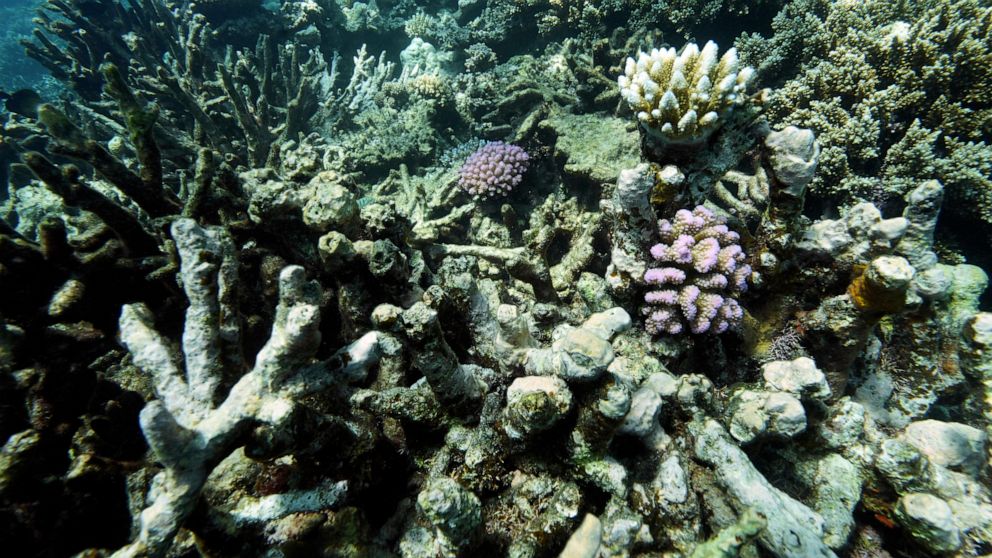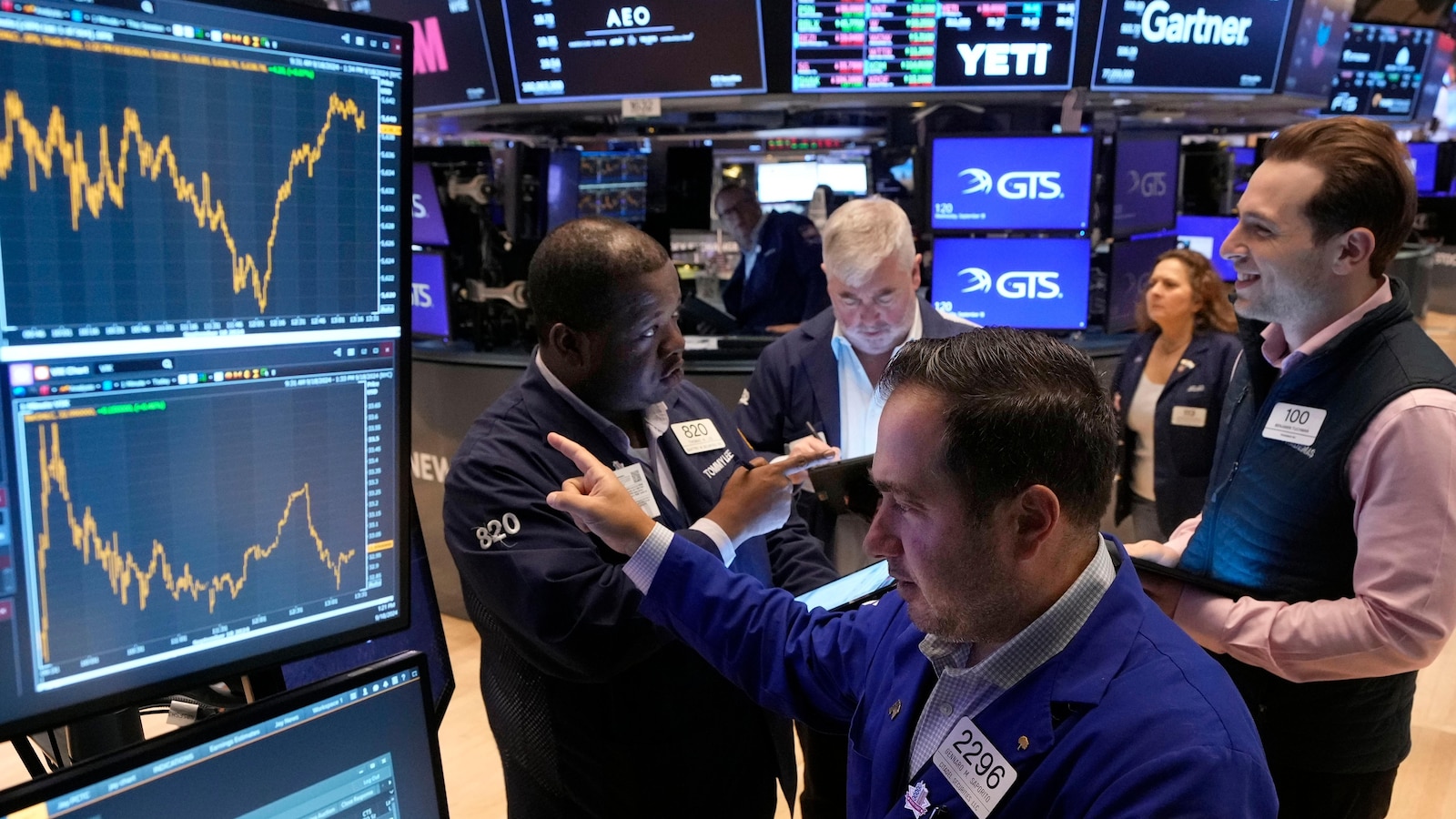Brazil has recently called for a 10-year halt on deep-sea mining, adding to the growing pressure on the United Nations (UN) agency to develop regulations for this emerging industry. This move comes as concerns over the potential environmental and social impacts of deep-sea mining continue to mount.
Deep-sea mining refers to the extraction of valuable minerals and resources from the ocean floor, which can be found in abundance in areas such as the Pacific Ocean. These minerals, including copper, nickel, cobalt, and rare earth elements, are crucial for the production of various high-tech devices like smartphones, electric vehicle batteries, and renewable energy technologies.
However, the extraction process for these minerals is not without consequences. Deep-sea mining involves using large machines to scrape the ocean floor, potentially causing significant damage to fragile ecosystems and disrupting marine life. Additionally, the release of sediment plumes during mining operations can have far-reaching effects on water quality and marine biodiversity.
Recognizing these concerns, Brazil has taken a proactive stance by urging a temporary halt on deep-sea mining activities. The Brazilian government believes that more time is needed to fully understand the potential risks and develop effective regulations to mitigate them. This call aligns with the precautionary principle, which advocates for taking preventive action in the face of uncertain risks.
Brazil’s proposal adds to the mounting pressure on the International Seabed Authority (ISA), the UN agency responsible for regulating deep-sea mining activities in international waters. The ISA has been under increasing scrutiny to establish comprehensive guidelines that address environmental protection, social impacts, and benefit-sharing mechanisms.
The need for robust regulations is evident as several countries and organizations have expressed concerns about the lack of a clear legal framework for deep-sea mining. Environmental groups have been particularly vocal about the potential irreversible damage that could be caused by hasty and poorly regulated mining operations.
The ISA has been working on developing regulations for deep-sea mining since its establishment in 1994. However, progress has been slow, partly due to the complexity of the issue and the divergent interests of member states. The organization has faced challenges in striking a balance between facilitating the exploitation of mineral resources and ensuring the sustainable management of the marine environment.
Brazil’s call for a 10-year halt on deep-sea mining provides an opportunity for the ISA to reevaluate its approach and prioritize the development of comprehensive regulations. This pause would allow for more extensive scientific research on the potential impacts of deep-sea mining and provide a platform for international collaboration to establish effective safeguards.
In the meantime, efforts should be made to promote alternative approaches to meet the growing demand for minerals. Recycling and responsible sourcing of minerals from existing mines can help reduce the need for deep-sea mining. Additionally, investing in research and development of more sustainable technologies, such as improved battery efficiency and substitution of critical minerals, can help alleviate the pressure on deep-sea resources.
The call from Brazil serves as a reminder that the rush to exploit deep-sea mineral resources must be tempered with caution and responsible stewardship. It is crucial for the international community to work together to ensure that deep-sea mining is conducted in a manner that protects the fragile marine ecosystems while meeting the global demand for essential minerals. The next decade will be critical in establishing a regulatory framework that strikes this delicate balance.



